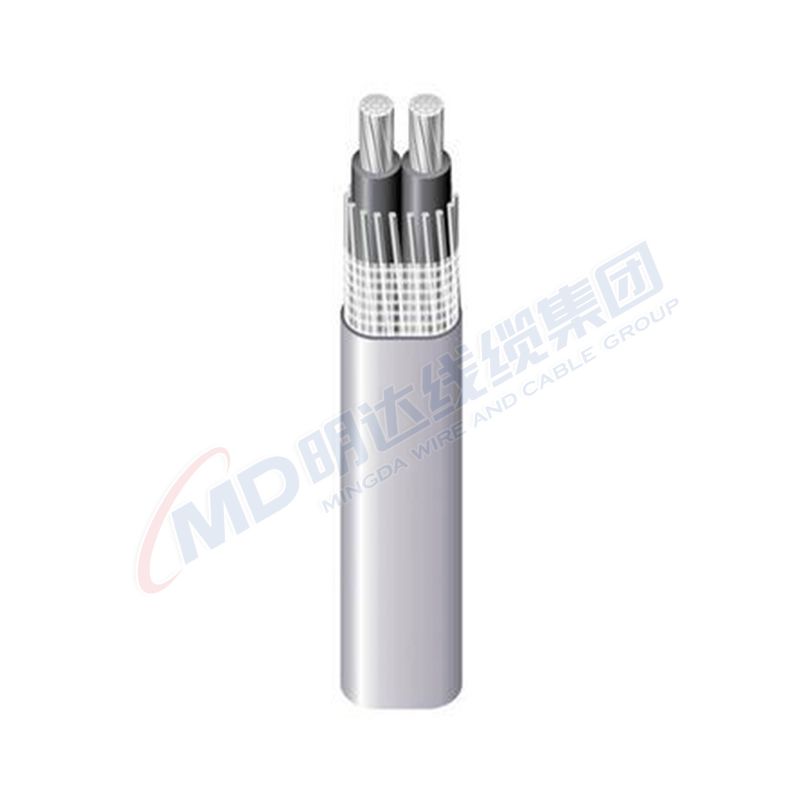Desemba . 11, 2024 11:25 Back to list
basket strainer
Understanding the Basket Strainer An Essential Component in Filtration Systems
In various industrial and commercial applications, the purity of fluid systems is paramount. Whether it's in the oil and gas sector, food and beverage production, pharmaceuticals, or water treatment, maintaining the quality of the fluids used is essential for operational efficiency and product integrity. One of the critical components that ensure fluid cleanliness is the basket strainer. This article delves into the features, functions, and importance of basket strainers in filtration systems.
What is a Basket Strainer?
A basket strainer is a type of filtration device that is designed to capture and retain debris and particulates from a liquid flow. Constructed typically from durable materials such as stainless steel, carbon steel, or plastic, basket strainers consist of a cylindrical body housing a mesh or perforated basket. These filters can be installed in various orientations, including horizontal and vertical, depending on specific requirements.
The fundamental purpose of a basket strainer is to prevent solids from entering equipment, such as pumps, valves, and other sensitive instruments, thus safeguarding them from potential damage and ensuring a smooth operational flow.
How Does a Basket Strainer Work?
The operating principle of a basket strainer is relatively straightforward
. Liquid flow enters the strainer, and as it passes through the inlet, it encounters the basket, which is lined with a mesh screen or perforated material designed to trap contaminants. The size of the openings in the mesh is critical; it should be determined based on the size of particulates that need to be filtered out.Once the liquid passes through the basket, it exits through the outlet, with the contaminants trapped inside the basket. Periodic maintenance is necessary to clean or replace the basket, depending on the volume and nature of the particulates being filtered. This maintenance ensures that the strainer operates efficiently and prolongs the life of downstream equipment.
Benefits of Using Basket Strainers
1. Protection of Equipment By filtering out debris, basket strainers help prevent operational disruptions caused by clogged pipes, valves, or pumps. This is particularly crucial in systems where particulate contamination can lead to costly repairs and downtime.
basket strainer

2. Versatility Basket strainers can handle a wide range of flow rates and can be employed in various industries, including petrochemical, water treatment, food processing, and HVAC systems. Their versatility makes them a popular choice in many applications.
3. Ease of Maintenance The design of basket strainers allows for easy access to the basket, making cleaning or replacing it a straightforward process. This ease of maintenance is a significant advantage compared to other types of filters that may require more elaborate procedures.
4. Customization Basket strainers can be customized based on application needs. Manufacturers offer various mesh sizes, materials, and configurations, allowing users to tailor the strainer to their specific filtration requirements.
5. Cost-Effectiveness While the upfront cost of a quality basket strainer may be higher than some other filtering options, the long-term benefits—particularly the protection it offers to expensive equipment and the reduction in downtime—often make it a cost-effective choice.
Applications of Basket Strainers
Basket strainers find their application in numerous fields. In the water treatment industry, they are essential for removing sand and other solid impurities from water sources before the purification process. In manufacturing, they help ensure that raw materials are free of contamination, which is crucial for product quality in the food and beverage sector.
In HVAC systems, basket strainers are vital for maintaining the efficiency of water circulatory systems by preventing debris from obstructing pipes and valves. Additionally, they are used in oil and gas production to filter out particulates that could harm drilling equipment and affect production rates.
Conclusion
In conclusion, the basket strainer is an indispensable component in modern filtration systems. Its ability to effectively protect equipment from contaminants makes it an essential investment for industries reliant on clean fluid systems. The balance of efficiency, ease of maintenance, and versatility ensures that basket strainers will remain a staple in filtration technology for years to come, contributing to the sustained integrity of various industrial processes. As industries continue to evolve, the role of reliable filtration systems, highlighted by devices like the basket strainer, will be more critical than ever in ensuring operational excellence and safety.
Share